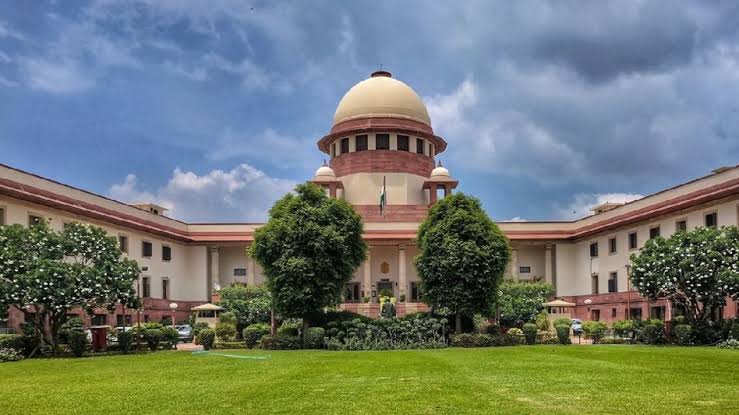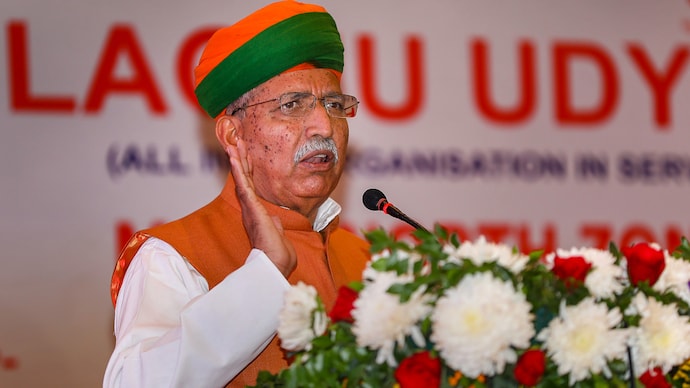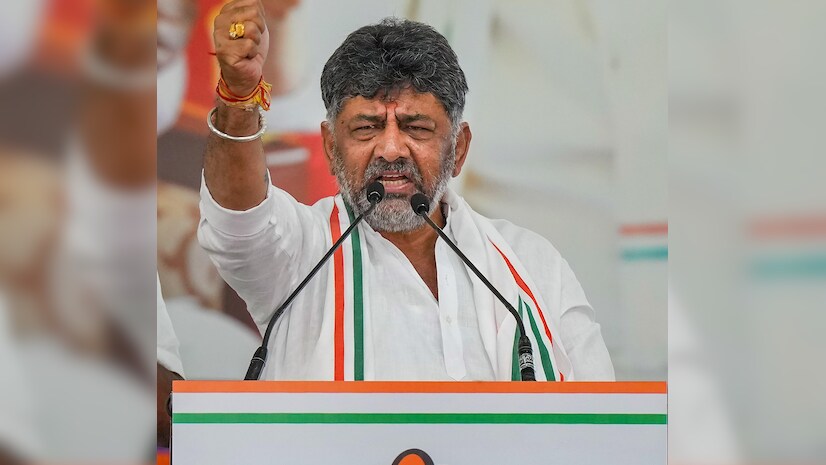In a dramatic political shift, the Bharatiya Janata Party (BJP) has stormed to power in the Delhi Assembly elections, ending a 26-year drought in the capital. The party secured 47 out of 70 seats, while the Aam Aadmi Party (AAP), which had dominated the last two elections, was reduced to just 23 seats. The results mark a significant moment in Delhi’s political landscape, signaling a departure from the governance model that AAP had championed over the past decade.
 The most striking outcome of the election was the defeat of Delhi Chief Minister Arvind Kejriwal in the New Delhi constituency. Kejriwal, who had held the seat since 2013, lost to BJP’s Parvesh Verma in a closely watched contest. Former Deputy Chief Minister Manish Sisodia, contesting from Jangpura, also faced defeat. Conceding the election, he extended his congratulations to his opponent and expressed hope that the new government would continue to work for the welfare of Delhi’s people.
The most striking outcome of the election was the defeat of Delhi Chief Minister Arvind Kejriwal in the New Delhi constituency. Kejriwal, who had held the seat since 2013, lost to BJP’s Parvesh Verma in a closely watched contest. Former Deputy Chief Minister Manish Sisodia, contesting from Jangpura, also faced defeat. Conceding the election, he extended his congratulations to his opponent and expressed hope that the new government would continue to work for the welfare of Delhi’s people.
The BJP’s win in Delhi is historic, considering its previous struggles to gain a foothold in the capital. The party had been steadily increasing its vote share over the years, but this election saw a decisive swing in its favor. Analysts point to multiple factors contributing to this shift, including a strong campaign emphasizing governance, national security, and a direct outreach to voters dissatisfied with AAP’s performance in recent years.
For AAP, the results mark a sobering moment. Having won landslide victories in 2015 and 2020, the party now finds itself on the back foot, facing questions about its future leadership and strategy. AAP had built its reputation on promises of quality education, healthcare, and free utilities, but it appears that voters were looking for a change. The party, however, remains a formidable force in Delhi, with a strong voter base that it will look to rebuild in the coming years.
The Congress, once the dominant party in Delhi, continued its decline, failing to secure a single seat for the second consecutive election. This raises further concerns about the party’s relevance in Delhi politics, especially as BJP and AAP continue to be the main contenders for power.
With the BJP now set to form the government, attention will turn to how it governs the capital—a city-state with unique challenges and responsibilities. The party has promised a new vision for Delhi, focusing on infrastructure, safety, and economic development. As the dust settles on this election, Delhiites will be watching closely to see how these promises translate into action.




